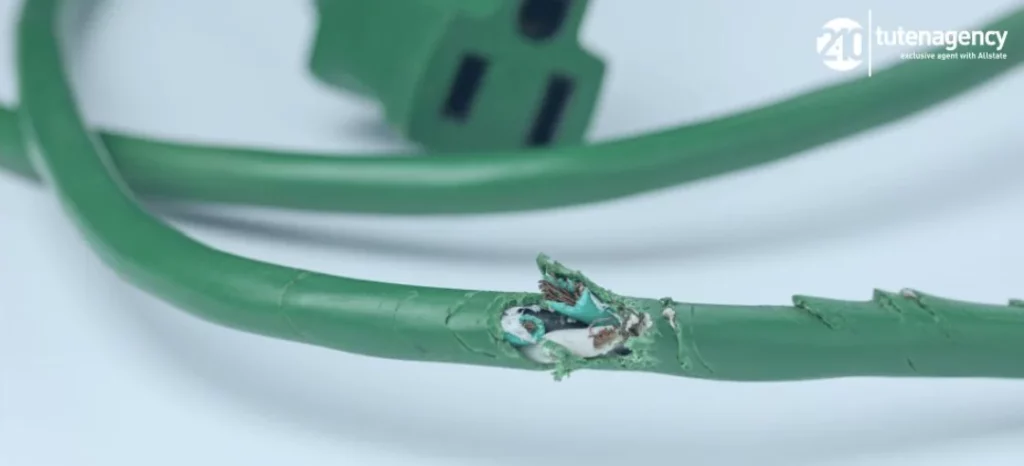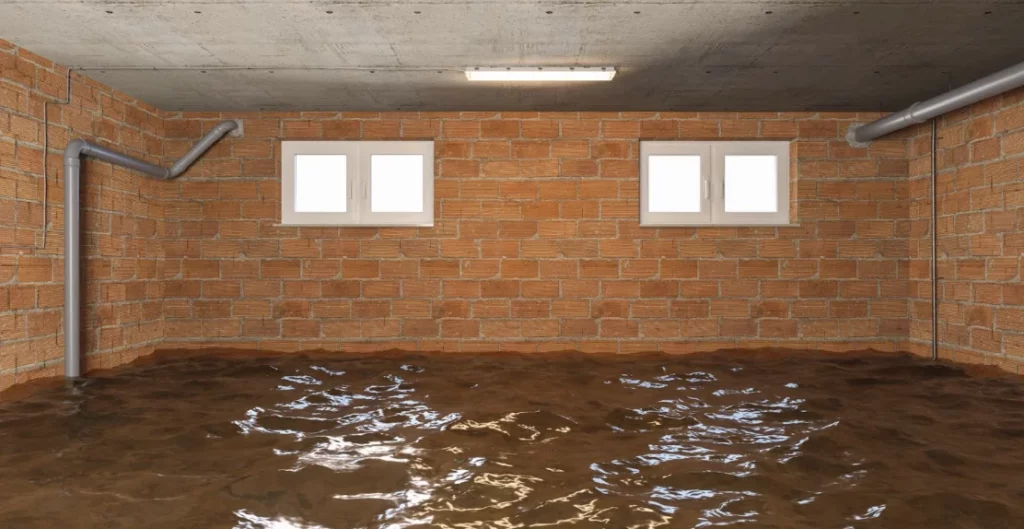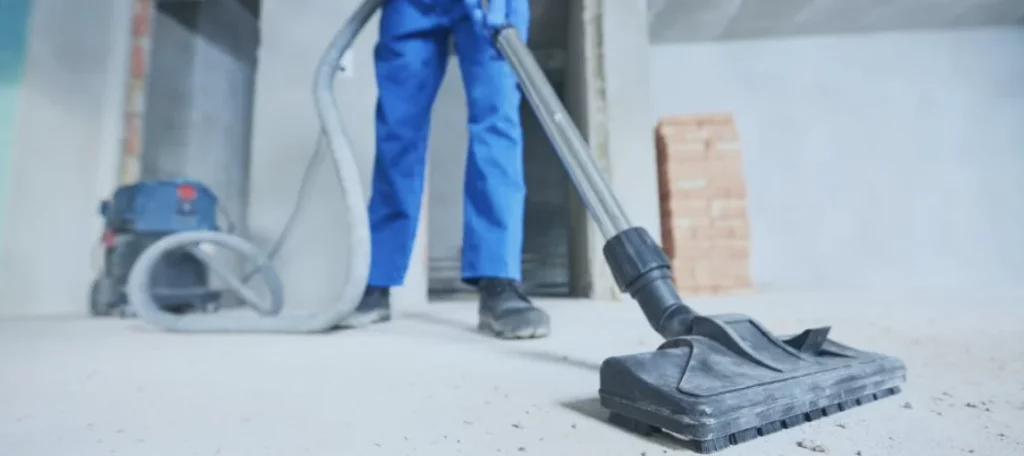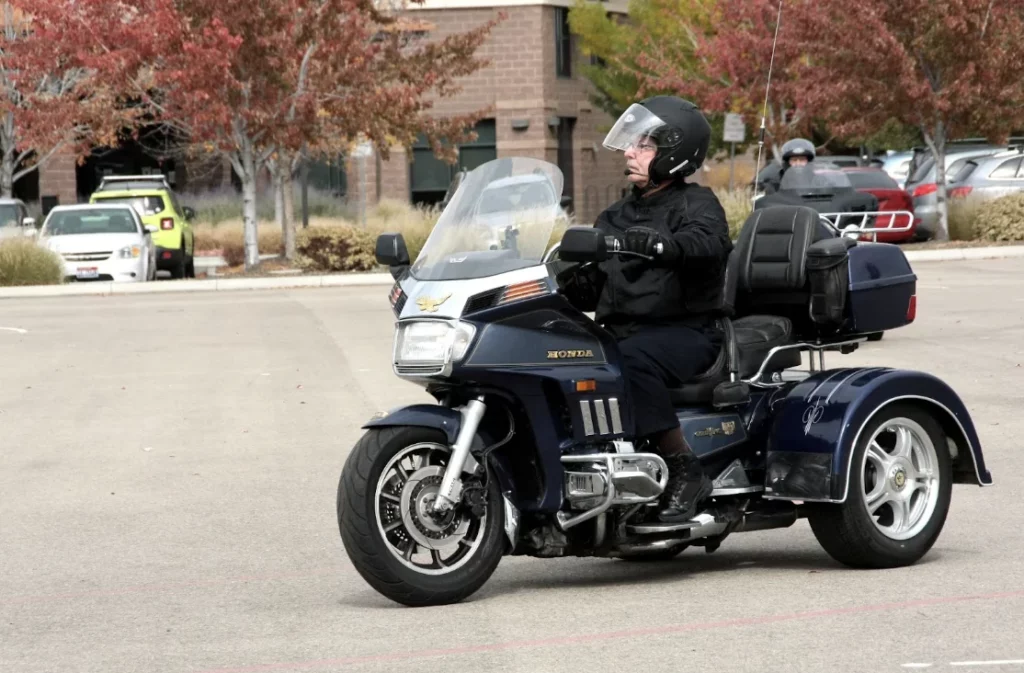Extension cords are incredibly useful tools that help bring power to where we need it, from garden tools outside to extra lights in the living room. However, these cords can pose serious risks despite their convenience if not used properly. Mishandling or using damaged extension cords can lead to fires, electric shocks, and other dangerous situations. This guide aims to educate on how to choose, use, and maintain extension cords safely.
Selecting the Right Extension Cord
-
Importance of Certification
Always choose extension cords tested and approved by recognized safety testing laboratories like Underwriters Laboratories (UL). These cords meet specific safety standards that can help prevent electrical accidents.
-
Outdoor vs. Indoor Cords
Extension cords are specifically designed for indoor or outdoor use. Outdoor cords are made to withstand weather conditions like rain and extreme temperatures, while indoor cords are not. Using an indoor cord outside can lead to damage and potential hazards.
-
Understanding Cord Specifications
Before purchasing an extension cord, check its label for information about its capacity. Cords are rated by gauge and wattage they can handle. The gauge denotes the wire’s thickness: a lower gauge number corresponds to a thicker wire capable of handling more electrical current. Ensure that the cord’s rating is appropriate or higher than the device’s needs.
-
Choosing the Correct Length and Type
The length of the cord affects its ability to carry current safely—longer cords can handle less current than shorter ones of the same gauge. Also, consider the plug type; for safety, choose cords with polarized or three-prong plugs, which fit properly into matching outlets to reduce the risk of shock or fire.
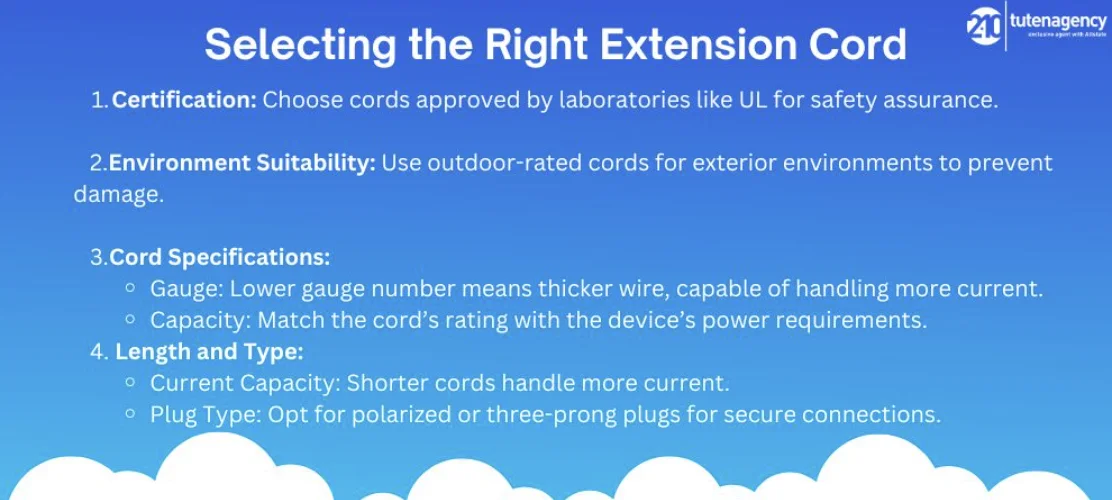
Using Extension Cords Properly
-
Pre-use Inspection
Before using an extension cord, inspect it thoroughly for any signs of wear or damage, such as frayed wires or loose connections. Discard the cord immediately to avoid potential hazards if any damage is found.
-
Correct Plugging Techniques
Ensure that the extension cord is fully plugged into the outlet and that no part of the prongs is visible. Never try to fit a three-prong plug into a two-prong outlet or remove the grounding pin; such actions can cause electrical shocks or fires.
-
Avoiding Common Misuses
Refrain from connecting multiple appliances to a single extension cord, which may cause overheating and potentially lead to a fire. Similarly, avoid using indoor extension cords outdoors. Keep cords away from areas where they can be tripped over, and never run them under carpets or pin them under furniture, as this can harm the cord and potentially cause a fire.
Caring for Your Extension Cords
-
Proper Disconnecting and Storing
Always grasp the plug, not the cord, when unplugging it from an outlet. This prevents the wires inside the cord from breaking. Store cords loosely coiled in a dry location, away from children and pets.
-
Handling Damaged Cords
If an extension cord is damaged, it should be thrown away immediately. Using damaged cords can lead to electrical shorts, fires, or shocks. Never attempt to repair an extension cord yourself; it’s not safe.
Recognizing and Mitigating Extension Cord Hazards
-
Fire Hazards
Be vigilant of where and how you use extension cords. Covering or hiding them in walls can trap heat and lead to fires. Ensure cords are not covered by rugs or furniture and are not overheating.
-
Trip and Electric Shock Hazards
Arrange cords along walls where they do not cross walkways and can’t be tripped over. Never use a wet extension cord, as it increases the risk of electric shock. Keep cords out of water and snow.
-
Long-Term Use and Electrical Upgrades
Extension cords are intended for temporary use. If you rely on them regularly, consider updating your home’s electrical system. Safety devices like smoke detectors and fire extinguishers should also be regularly checked and maintained.
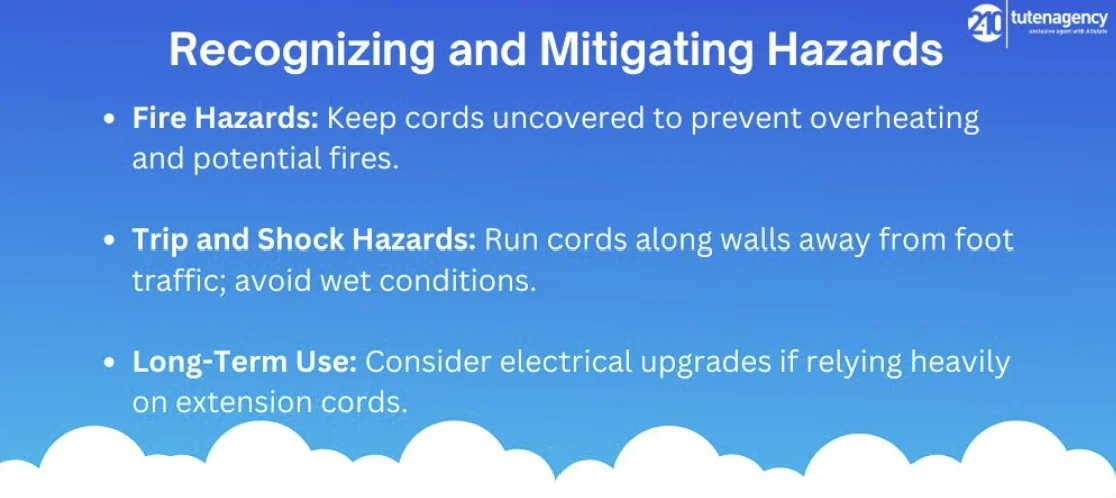
Conclusion
Following these guidelines will help you use extension cords safely and avoid many common hazards. Regularly inspect your cords, understand the capacity and appropriate usage, and be mindful of their placement in your home. Safety first is a mantra that should always be followed when dealing with electricity.
FAQs
How often should I replace my extension cords?
There’s no set time frame for replacing extension cords, but you should replace them if they show any signs of damage, such as fraying, cracks, or loose connections. If an extension cord has been subjected to heavy use or is several years old, consider replacing it to ensure safety.
Can extension cords be repaired if they are damaged?
While minor repairs like taping over a small nick in the insulation might seem feasible, it’s safest to replace damaged cords rather than trying to repair them. Repairs can fail and expose you to risks of shocks or fires.
Is it safe to plug any device into an extension cord?
Not all devices are suitable for use with extension cords. High-power consuming appliances like refrigerators, air conditioners, and space heaters should be plugged directly into a wall outlet. Using these appliances with extension cords can lead to overheating and fire risks.
What does it mean if an extension cord gets warm during use?
It’s normal for extension cords to get slightly warm during use. However, if the cord feels hot to the touch, it may be overloaded or damaged, which is a serious fire hazard. Unplug the cord immediately and check if the load is too high for the cord’s rating, or replace the cord if it shows any signs of damage.
Get the right coverage for your home with tutenagency
New tutenagency customers?
Quote homeowners insurance online or call (334) 502-5111 to insure your home.
Legal Disclaimer: ADVERTISING MATERIAL ONLY. Do not rely on this site or this article for legal or financial advice. The information provided on 210agency.com is strictly for educational purposes and to provide you with general educational information. Since state laws and financial regulations are subject to change, please schedule an appointment with an attorney or qualified financial advisor in your area to further discuss your personal situation. This public information is neither intended to, nor will it, create an attorney-client or financial representative relationship.
